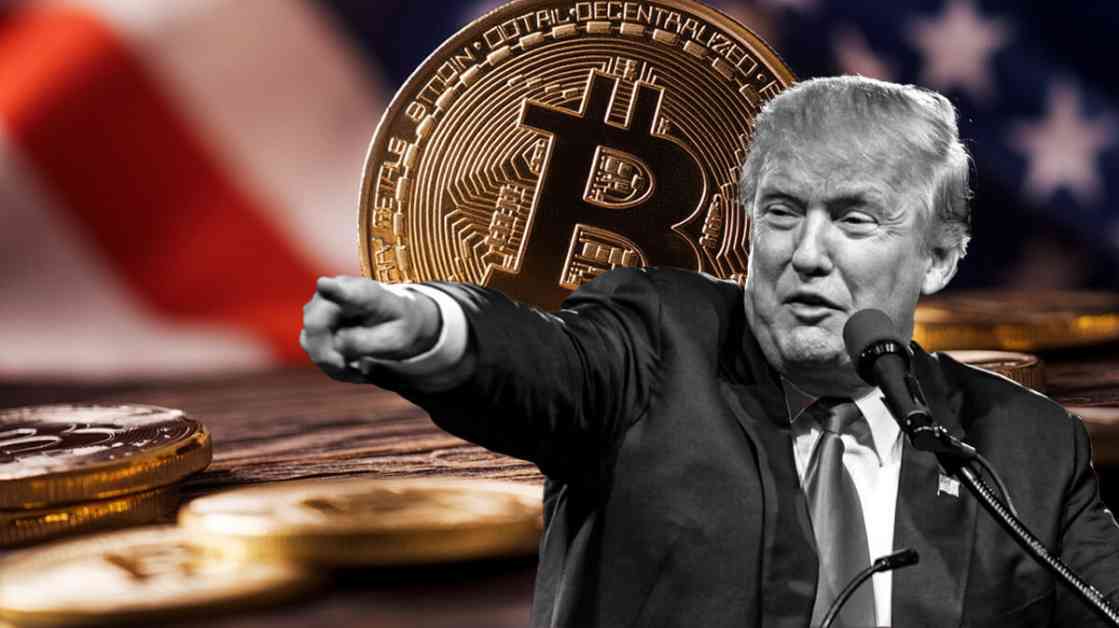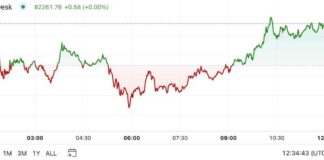The cryptocurrency custody market is poised for significant growth, especially if former President Donald Trump secures victory in the upcoming election. The risks and challenges associated with safeguarding digital assets make crypto custody a high-stakes business, attracting hackers and fraudsters like flies to honey. While traditional asset custody is considered crucial yet straightforward, the complexities of securing crypto assets make it significantly more costly – up to 10 times more than traditional asset custody.
The current market for crypto custody is estimated to be around $300 million and is expanding rapidly at a rate of approximately 30% annually. This growth potential has caught the attention of traditional Wall Street banks and startups alike, with many eyeing the opportunity to tap into this lucrative market.
According to Hadley Stern, chief commercial officer for Solana custody tool Marinade, the higher costs associated with crypto custody make it an attractive growth area for financial institutions looking to diversify their offerings. This has led to major players such as Coinbase and BitGo dominating the market, with other traditional firms like BNY Mellon, State Street Corp., and Citigroup slowly entering the crypto custody space.
However, the regulatory uncertainty surrounding crypto custody has been a significant hurdle for many traditional financial institutions. The U.S. Securities and Exchange Commission (SEC) has imposed restrictions on financial firms offering crypto custody services, creating a barrier to entry for some players in the industry.
One of the key regulatory hurdles faced by financial institutions offering crypto custody services is the SEC’s rule, SAB 121, which has limited the scope of crypto custody offerings. While President Joe Biden vetoed a congressional effort to overturn the rule, there have been exemptions granted to some banks. However, the lack of transparency in the application of these exemptions has left many in the industry uncertain about the future regulatory landscape.
The crypto community is eagerly awaiting the outcome of the upcoming presidential election, with many hoping for a Trump victory. Trump has expressed a more positive stance towards crypto and has vowed to replace SEC chair Gary Gensler with someone who is more embracing of digital assets.
Overseas players like London-based Copper are also closely watching the election results, with plans to refocus on the U.S. market depending on the outcome. Bobby Zagotta, CEO of crypto exchange Bitstamp USA, which uses BitGo for custody, emphasized the importance of the election outcome for the evolution of the traditional services marketplace.
In conclusion, the potential growth of the crypto custody market hinges on the regulatory environment and the stance of key policymakers. A Trump victory in the upcoming election could pave the way for further expansion and innovation in the crypto custody space, attracting more traditional financial institutions and driving the market to new heights. As the industry continues to evolve, it’s clear that the future of crypto custody is closely tied to political and regulatory developments.


















